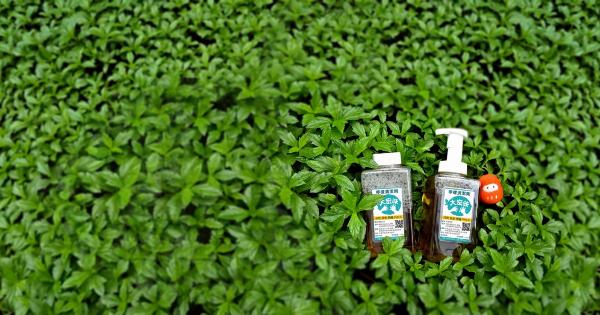As we age, our bodies undergo a variety of changes. Some are visible, such as wrinkles and gray hair, while others are not as obvious, such as changes to our internal systems.
One of the most important of these changes involves proteins, the building blocks of our bodies. In recent years, scientists have been studying the relationship between proteins and aging, and what they have found is fascinating.
What are Proteins?
Proteins are long chains of amino acids that play a variety of roles in the body. They are essential for building and repairing tissues, producing enzymes and hormones, and transporting molecules.
Without proteins, our bodies would not be able to function properly.
The Role of Proteins in Aging
As we age, our bodies gradually lose their ability to produce and maintain proteins. This can lead to a variety of negative effects, including loss of muscle mass, decreased bone density, and slower wound healing.
In addition, the proteins in our bodies may become damaged over time, which can lead to a range of age-related diseases such as Alzheimer’s disease and Parkinson’s disease.
Protein-Energy Malnutrition (PEM)
Protein-energy malnutrition is a condition that occurs when the body does not receive enough protein and other nutrients.
This can be particularly dangerous for older adults, who are more likely to suffer from malnutrition due to decreased appetite and problems with digestion. PEM can lead to a range of negative health outcomes, including decreased immune function, increased risk of infection, and poor wound healing.
The Importance of High-Quality Proteins
While it is important to consume enough protein, it is also important to consume high-quality proteins. This means choosing proteins that are rich in all of the essential amino acids and that are easily digestible.
Good sources of high-quality protein include lean meats, fish, eggs, and dairy products.
Protein Supplements
For those who have difficulty consuming enough protein through their diet, protein supplements may be an option. However, it is important to choose a high-quality supplement that is made from a complete protein source, such as whey or soy.
In addition, it is important to follow the manufacturer’s instructions and not to exceed the recommended dosage.
The Role of Exercise in Protein Synthesis
Exercise is also important for maintaining protein synthesis in the body. Resistance training, in particular, has been shown to be effective at increasing muscle protein synthesis, which can help to prevent age-related muscle loss.
In addition, regular exercise can help to stimulate the production of antioxidants that can protect the body’s proteins from damage.
Protein Supplements and Exercise
When used in combination with exercise, protein supplements may be particularly effective at promoting muscle growth and preventing muscle loss.
However, it is important to choose a supplement that is appropriate for your individual needs and to consult with a healthcare professional before beginning any new exercise program or supplement regimen.
A Word About Protein and Kidney Function
There is some concern that high-protein diets may be harmful to kidney function, particularly in older adults.
However, most studies have found that a moderate intake of protein (around 1 gram per kilogram of body weight per day) is safe for healthy adults, even those with mild to moderate kidney disease. Those with more severe kidney disease, however, should consult with their healthcare provider before making any changes to their diet.
Conclusion
Proteins are essential for maintaining our bodies and keeping us healthy.
As we age, it becomes even more important to ensure that we are consuming enough high-quality proteins and engaging in regular exercise to maintain protein synthesis and prevent age-related muscle loss. By taking care of our bodies in this way, we can help to prevent a range of age-related diseases and conditions, and enjoy a higher quality of life as we age.





























